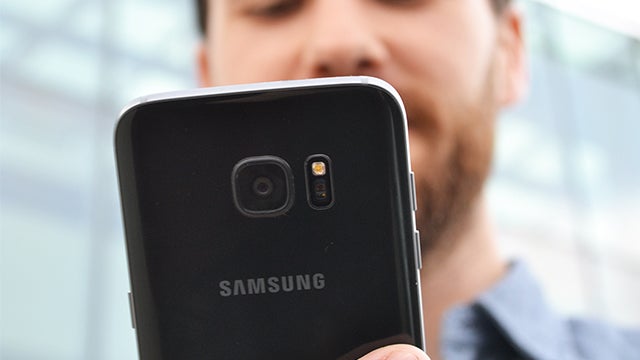Massive study finds no link between mobile phones and brain cancer

An extensive Australian study has revealed no evidence of a link between mobile phone usage and brain cancer.
The study looked at incidents of brain cancer in Australia over the past 29 years, which has seen the introduction and proliferation of mobile phones.
Lead Author Simon Chapman, Emeritus Professor in Public Health at the University of Sydney, has explained the study’s findings in a post on academic website The Conversation.
His team were able to examine the cases of 19,858 men and 14,222 women who were diagnosed with brain cancer in Australia between 1982 and 2012, and to factor in national mobile phone usage data from 1987 to 2012.
The conclusion: “With extremely high proportions of the population having used mobile phones across some 20-plus years (from about 9% in 1993 to about 90% today), we found that age-adjusted brain cancer incidence rates (in those aged 20-84 years, per 100,000 people) had risen only slightly in males but were stable over 30 years in females.”
Related: Best smartphones 2016
Indeed, the only significant increase in brain cancer incidence occurred in the over 70 age group – and that began in 1982, five years before the introduction of mobile phones. This is simply put down to improved diagnosis.
As Chapman points out, Australia is an excellent area for such a test, as all incidents of cancer must be registered by law. Still, the results also support previous tests carried out in the US, England, New Zealand, and Nordic countries.
Next, take a look at our Samsung Galaxy S7 Edge review video:
Chapman also uses data to refute suggestions that the damage caused by mobile phones will become evident in the future, stating that we would have seen signs by now if they were truly harmful.


